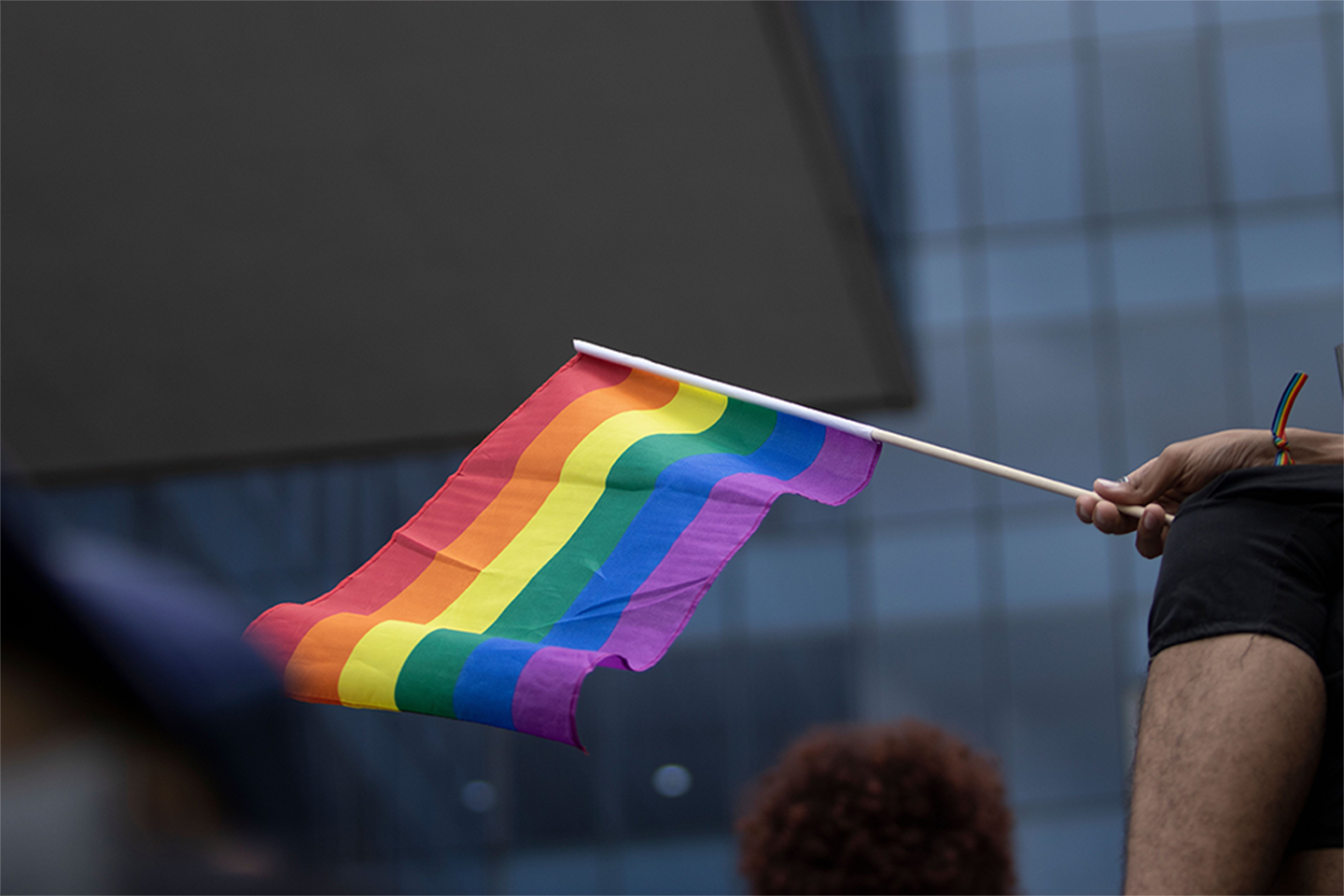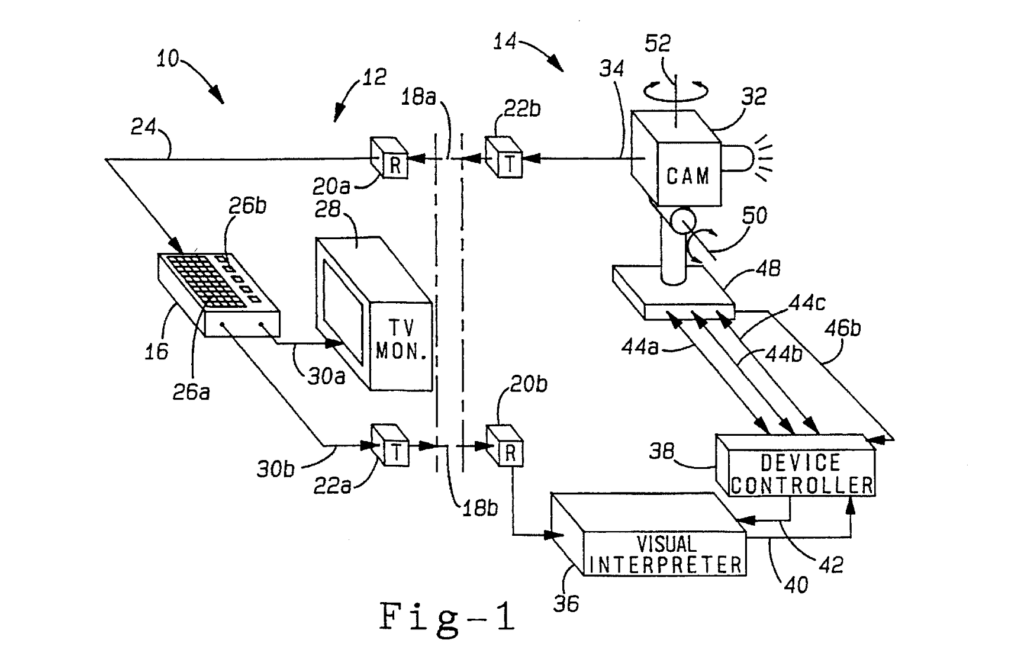As we celebrate Pride Month, it’s crucial to recognize the LGBTQIA+ individuals who have made and continue to make significant contributions in the scientific community. Their contributions not only showcase their immense talent but also highlight the importance of inclusivity in driving forward progress and shaping a better future for all.
In this article, we look into three amazing inventors who have inspired significant change and innovation.
Lynn Conway
Lynn Conway is an esteemed computer scientist widely recognized for her pioneering contributions to microelectronics and VLSI (Very Large-Scale Integration) design. Her influential contributions, including the formulation of scalable MOS design rules and simplified approaches for silicon chip design, have been pivotal in advancing chip technology and encouraging the growth of the personal computer revolution. Additionally, Conway is a champion for transgender rights and visibility, having transitioned in the late 1960s, a time when transgender issues were not widely acknowledged. After coming out as a transgender, Conway has been a passionate advocate for equal opportunities and job protections for the transgender community within the tech industry.
One of her notable patents is U.S. Patent No. 5,652,849 which describes a system for remotely controlling devices by embedding command information as gestures or icons within video signals. Users can see and interpret these commands by viewing the icons on a screen. This method allows the video signals with embedded commands to be easily converted and transmitted through different networks. The system can control various electronic or mechanical devices, with a remote controller decoding the commands to operate the devices.
Sean Whelan
Sean Whelan, awarded as the 2020 LGBTQ+ Scientist of the Year, is recognized for his works in the field of virology. He has developed methods for altering a harmless virus to transport proteins from deadly viruses like Ebola and SARS. This method would allow scientists to quickly and safely study how these viruses invade cells and reproduce.
Whelan is one of the inventors listed in U.S. Patent No. 9,234,885 which describes a method for treating or preventing filovirus infections in subjects by administering agents that block specific proteins. Screening methods are also provided to identify agents that can potentially treat or prevent filovirus infections based on their ability to inhibit these proteins.
Natalia Bilenko
Natalia Bilenko is a software engineer focusing on developing AI tools for everyone. She co-founded Queer in AI, a community comprising LGBTQIA+ researchers dedicated to fostering a safe and inclusive environment within the AI community.
As a software engineer, Bilenko and other inventors developed Caption AI, an AI-powered imaging acquisition software designed to deliver high-quality ultrasound exams conveniently and efficiently. The software was recognized as one of Time’s 100 Best Inventions of 2021. Caption AI’s technology is evident in U.S. Patent No. 10,937,156. The patent describes a method that uses video imagery of an organ analyzed by a neural network to detect specific features, determining their probability and influential pixels. The imagery undergoes repeated analysis with slight pixel changes, measuring how these alterations affect the probability assessment. A visual overlay indicates pixels that notably impact the probability threshold, with stored parameters adapting the method to different medical conditions.







